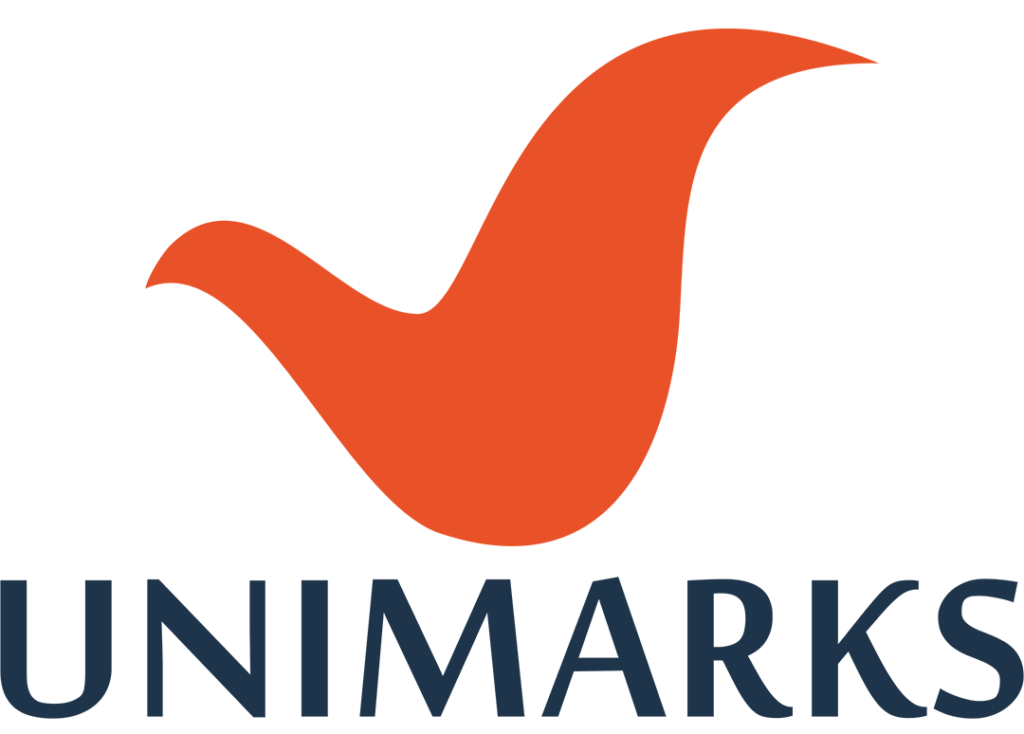Trademark law is designed to protect consumers and businesses by preventing confusion and protecting the integrity of brands. However, there are certain circumstances in which the use of a trademarked term is considered to be fair use and does not infringe on the rights of the trademark holder. One such doctrine is the doctrine of ‘nominative fair use.’
What is the Doctrine of ‘Nominative Fair Use’?
The doctrine of ‘nominative fair use’ is a legal principle that allows for the use of a trademarked term in certain circumstances without obtaining permission from the trademark holder. This doctrine applies when the use of the trademark is necessary to identify the actual goods or services being referred to and no other term would be as accurate or descriptive.
When is Nominative Fair Use Allowed?
Nominative fair use is typically allowed in three situations:
When the product or service is not readily identifiable without using the trademarked term. For example, if a company is writing a review of a product and needs to use the brand name to accurately describe the product, nominative fair use would apply.
When the use of the trademark is not likely to cause consumer confusion or dilute the strength of the trademark. This means that the use of the trademark should not imply an endorsement or sponsorship by the trademark holder.
When the use of the trademark is not for the purpose of commercial gain. This means that the use of the trademark should not be used to sell or promote a product or service.
Examples of Nominative Fair Use
A consumer writes a review of a product and uses the brand name to accurately describe the product. This would be considered nominative fair use as the consumer is not using the trademark for commercial gain and is not likely to cause confusion among consumers.
A news organization reports on a product and uses the brand name to accurately describe the product. This would also be considered nominative fair use as the use of the trademark is necessary to accurately report on the product and is not likely to cause confusion among consumers.
A business uses a trademarked term in comparative advertising, to show the difference between their products and the products of another company. This is considered nominative fair use as it is necessary to accurately describe the products being compared and is not likely to cause confusion among consumers.
In conclusion, the doctrine of ‘nominative fair use’ under trademark law provides a way for individuals and businesses to use trademarked terms in certain situations without infringing on the rights of the trademark holder. It is important to understand the principles of nominative fair use and to ensure that any use of a trademarked term falls within the guidelines set forth by this doctrine.
Frequently Asked Questions
What is the doctrine of ‘nominative fair use’?
The doctrine of ‘nominative fair use’ is a legal principle that allows for the use of a trademarked term in certain circumstances without obtaining permission from the trademark holder. This doctrine applies when the use of the trademark is necessary to identify the actual goods or services being referred to and no other term would be as accurate or descriptive.
In what situations is nominative fair use allowed?
Nominative fair use is typically allowed when: the product or service is not readily identifiable without using the trademarked term, the use of the trademark is not likely to cause consumer confusion or dilute the strength of the trademark, and when the use of the trademark is not for the purpose of commercial gain.
Are there any examples of nominative fair use?
Yes, examples of nominative fair use include: A consumer writing a review of a product and using the brand name to accurately describe the product, a news organization reporting on a product and using the brand name to accurately describe the product, and a business using a trademarked term in comparative advertising to show the difference between their products and the products of another company.
Can I use a trademarked term without permission for any reason?
No, nominative fair use is only allowed under certain circumstances. It is important to understand the principles of nominative fair use and to ensure that any use of a trademarked term falls within the guidelines set forth by this doctrine.
Is it necessary to seek permission from the trademark holder for using their trademark?
Not necessarily, if your usage of the trademark falls under the nominative fair use principle and you are not going to use the trademarked term for commercial gain and it is not going to cause confusion among consumers then you don’t have to seek permission from the trademark holder.
Is the doctrine of ‘nominative fair use’ the same in all countries?
The doctrine of ‘nominative fair use’ may vary slightly from country to country, as different countries have different trademark laws. It is important to consult with a legal professional familiar with the trademark laws in your country before using a trademarked term.







